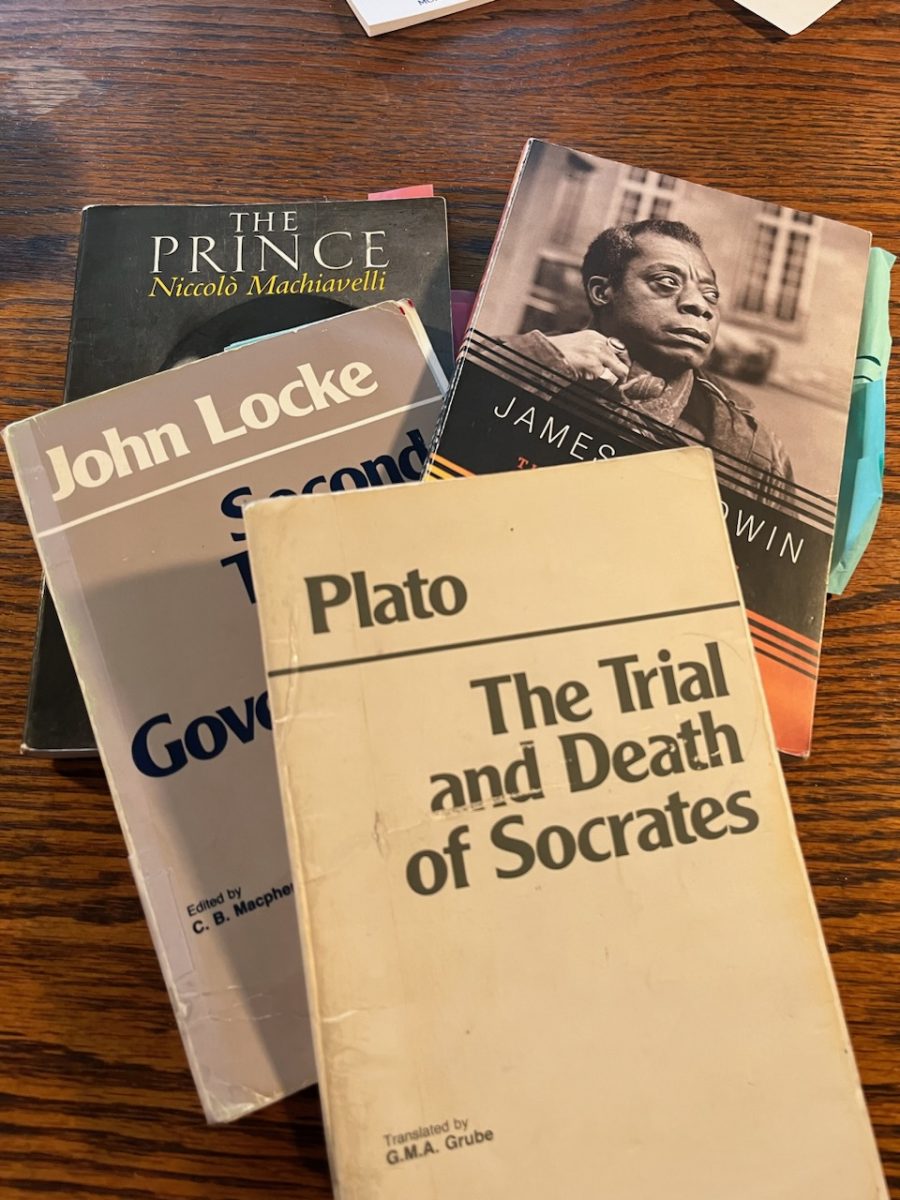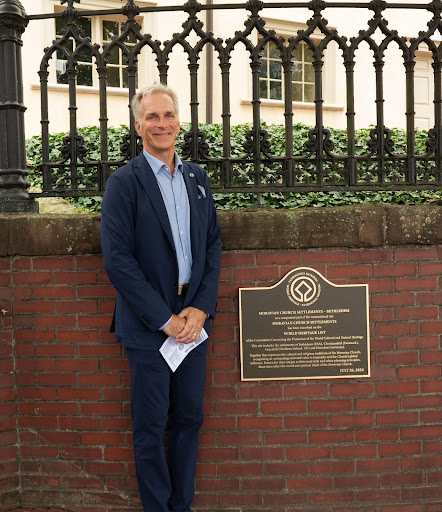Whatever your academic preparation for college or your level of confidence about succeeding in your courses this semester, you can improve your learning experience, the quality of your work, your ability to remember, and your grades by taking better notes.
I’d like to share some of my thoughts, experiences, and also research on the importance of taking smart notes in all of your courses. Note-taking is a skill, and needing to take notes in different disciplines and different courses is a good reason to visit your professor’s student hours early on in the semester to ask for tips on taking the best possible notes for a particular purpose or discipline.
The advice I’m offering is based on a few decades of teaching political theory to political science and also general education students who come to my introductory course, POSC 120: Introduction to Political Thinking in addition to teaching advanced political theory students how to work with challenging texts.
Note-taking is part of what is often called the “hidden curriculum” in the sense that some students come with this knowledge or a developed system even, while others may not take many notes or not yet have a systematic or intentional approach to taking notes. Great notes make papers and examinations much easier, richer intellectually, and less daunting overall. When you have great notes, you never need to start from scratch. In other words, your notes are an investment requiring time and work. That investment pays off later when you are under pressure to produce results and over the long run when you have a reliable method to approach almost any academic task.
There are some features of good notes for my discipline:
- Good reading notes are substantial and thorough but not too long. You find the balance between being prepared and overdoing it.
- Good notes are structured and capture what you are looking for in an intentional way. For example: In political theory, we need to know the main argument and any key terms. You can write down passages you understand (“islands of clarity”) or passages that left you wondering (“oceans of confusion”).
- Good notes reflect a system that you intend to access easily over time. Be sure to date your notes in a standard format, if you are taking handwritten notes, for example.
- Good notes show your reading work. My tip: three passages with page numbers for every text you read.
- Good notes show your thoughtfulness. Build on #4: Add a question or a comment to each of your three passages so that you are prepared to contribute in class discussions.
- Good notes build your vocabulary. College students are expected to look up words as a matter of course. Learning new words allows you to see more (understand or notice) and say more (be articulate).
- Good notes build your sense of history. If you learn a little about the author and the time period of a text, you can slowly build a mental timeline of events and publications.
- Good notes allow you freedom to develop your own thoughts by including a reflection in which you notice what you are thinking in the reading process and write those thoughts down before they vanish. The connections in your mind brought alive by reading, what I like to call “the thought castle,” are precious, fragile, and sometimes only briefly glimpsed so capture those thoughts about comparisons, associations, and possible criticisms before letting your mind be taken over by some beeping device.
- Good notes make you a better student. Studying at the college level means striving to learn on your own and to master your own mental process. When you know how and why you need to take notes, you will become a stronger thinker, writer, and participant in discussions.









Carol Moeller • Jan 30, 2024 at 9:03 pm
Thanks, Dr Haddad for this thoughtful perspective and great suggestions!